2022 is proving to be the year that travel roars back in full force. Not only is nearly all of South East Asia now open for quarantine-free travel, but now, the first East Asian country has reopened as well.
South Korea marks the first country in East Asia to open their borders to travellers without quarantine. The country had initially opened to tourists in late February, but with a mandatory self-paid quarantine that had to be carried out at a government facility.
Mark your calendars, as April 1, 2022 will be the day that we can enter South Korea sans quarantine.
South Korea Travel Restrictions
All fully vaccinated foreign travellers are welcome, except those from Pakistan, Uzbekistan, Ukraine, and Myanmar, who still need to quarantine.

How Can Canadians Enter South Korea?
All of the following rules and requirements apply as of April 1, 2022. As of this date, South Korea’s visa exemption for Canadian citizens will resume. Note that you’ll need to apply for a K-ETA (Electronic Travel Authorization) prior to travel, which is a straightforward process.
Travellers are allowed to enter South Korea by air, most likely through the national capital of Seoul. As of October 2021, when departing Canada by air, travellers are required to present proof of vaccination.
Travellers coming from Canada must present proof of vaccination upon entering South Korea. Your Canadian COVID-19 proof of vaccination will suffice, and your most recent dose must have been administered between two weeks and 180 days prior to arrival. This means if your second dose was more than six months ago, you’ll need a booster shot.
You must also fulfil the following requirements for entry:
- A negative RT-PCR test taken within 48 hours of departure of the first leg of the journey.
- Children under 6 are exempt.
- Download a Self-Check mobile app to submit entry information as well as a health declaration.
- Register for the Q-Code system.
- Your QR code will be scanned at immigration.
At this time, there is no testing exemption for those who have a positive COVID-19 test and have recently recovered.
Testing & Quarantine Upon Return
As of April 1, 2022, a negative test is no longer required prior to travelling back to Canada.
If you need to find a test in South Korea, there should have no shortage of COVID-19 testing clinics, but most websites are in Korean as the country hasn’t really seen many tourists yet.
Korean Air offers a list of places to get a test. Seoul Incheon International Airport also does COVID-19 testing on-site, with antigen tests costing ₩84,000–89,000 ($87–93).
Alternatively, consider purchasing a Switch Health RT-LAMP or antigen test kit for an easy remote testing option via telehealth video link.
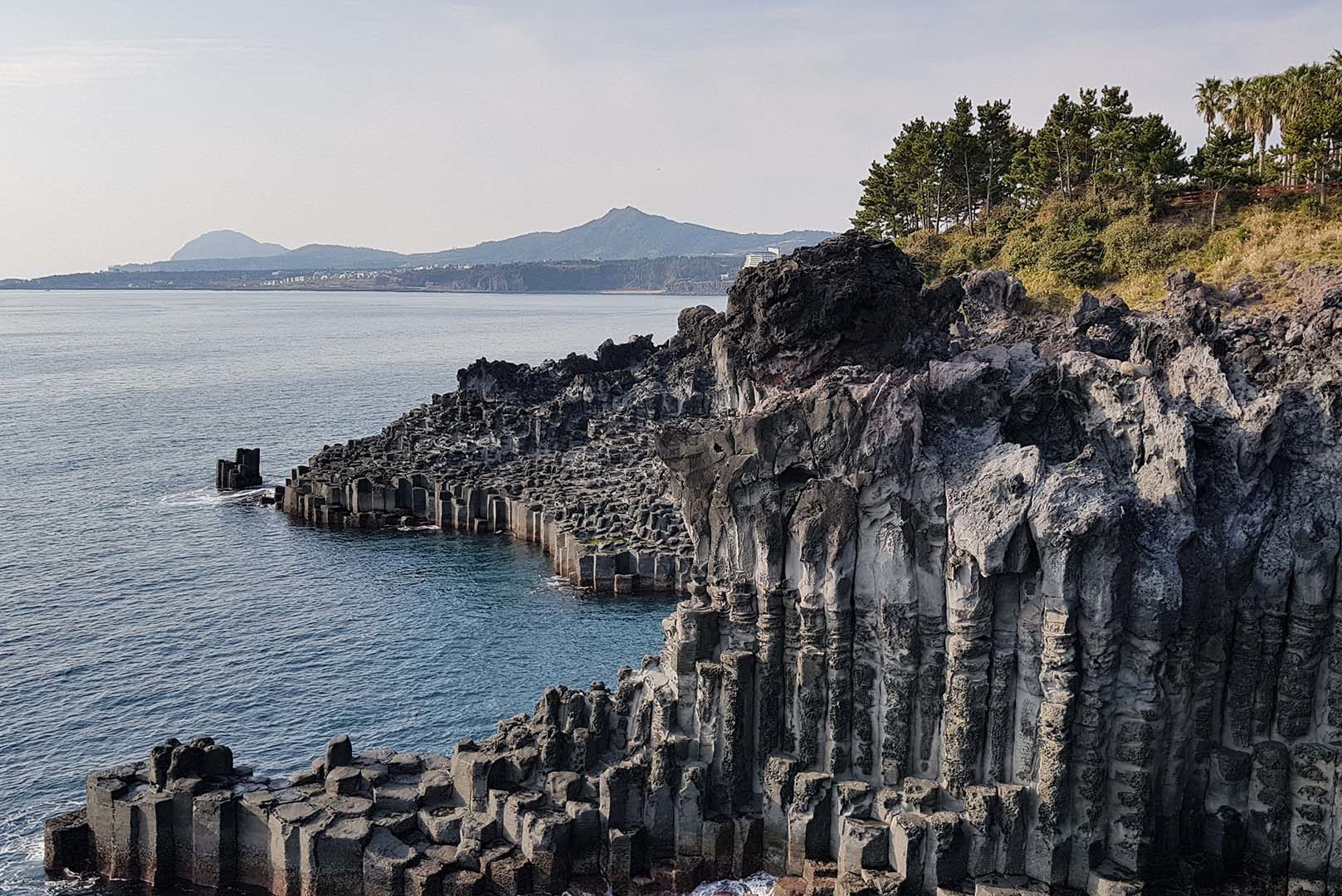
Current Health Requirements in South Korea
Given the sharp rise in cases across South Korea as Omicron sweeps the nation, the country has given up on their previously rigorous contact tracing program and is now focusing more on the number of people admitted into hospitals as a measure of how they’re battling COVID-19.
Restrictions have also loosened, with indoor dining permitted and cafes and restaurants are now open until 11pm, although nightclubs currently remain closed. Private social gatherings are limited to six people.
Almost all activities, including entering malls, eating aat restaurants, and visiting a karaoke venue, will require proof of vaccination.
Furthermore, masks are required on all public transportation as well as indoor spaces, and you are expected to social distance.
All things considered, South Korea can be considered “close to normal”, as all museums and other tourist sites remain open for enjoyment without capacity limits.
Each province is allowed to set their own requirements, so be sure to check before visiting. There are currently no special rules regarding intra-province transportation and movement.
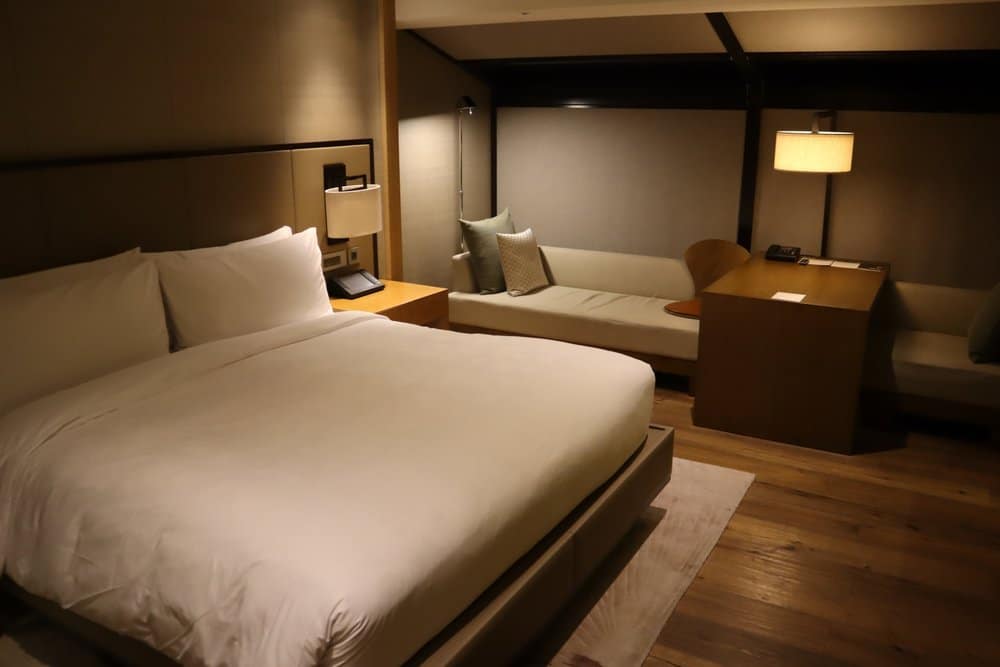
How to Get to South Korea
To East Asia, Aeroplan naturally comes to mind with its fantastic rate of 75,000 points one-way in business class, as long as the overall routing falls at or under 7,500 miles in distance flown — which includes all direct flights from North America.
The most direct option would be via Air Canada or Asiana Airlines, with Air Canada connecting Seoul to the Canadian cities of Toronto and Vancouver, while Asiana flies direct to New York JFK, Seattle, San Francisco, and Los Angeles.
Air Canada flights can be priced exorbitantly under dynamic pricing, so using your eUpgrades with the “Latitude Attitude” strategy is the optimal way to upgrade into a business class seat.
If you’re willing to take a detour via the United States, Asiana has decent availability across the board at the fixed rate.
A First Class routing will cost 110,000 points one-way if you fly ANA connecting in Tokyo, or 140,000 points one-way if you fly Etihad Airways connecting Abu Dhabi. Even the more roundabout routing via the Middle East will show up in the search engine if it’s available.
(The below trip pricing under 110,000 points one-way shows the power of at-times favourable dynamic pricing at work.)
With Alaska Mileage Plan, you can fly Cathay Pacific business class for 50,000 miles one-way, or 70,000 miles one-way in First Class, should you find availability. You can also fly on Japan Airlines for 60,000 miles in business class and 70,000 miles in First Class.
Conclusion
South Korea fully opening to international travellers without quarantine is fantastic news, and brings about much more optimism around the reopening of East Asia as a whole..
The process for entering South Korea is fairly simple, with only proof of vaccination and a negative PCR test required in addition to the K-ETA (Electronic Travel Authorization). Note that the PCR test must be conducted within 48 hours of departure, which is a relatively quick timeframe, so make sure to have guaranteed results.
COVID-19 related restrictions on the ground in South Korea are all very reasonable, with masks required only indoors and proof of vaccination to enter most establishments. All restaurants are open, as are cultural sites, and there are no restrictions regarding travel within the country.
April 1 also marks the date that there will no longer be a testing requirement for returning to Canada, making travel now easier than ever.
As always, you can refer to our Travel During COVID-19 Resource for Canadians for the most up-to-date information on travelling in the pandemic era.



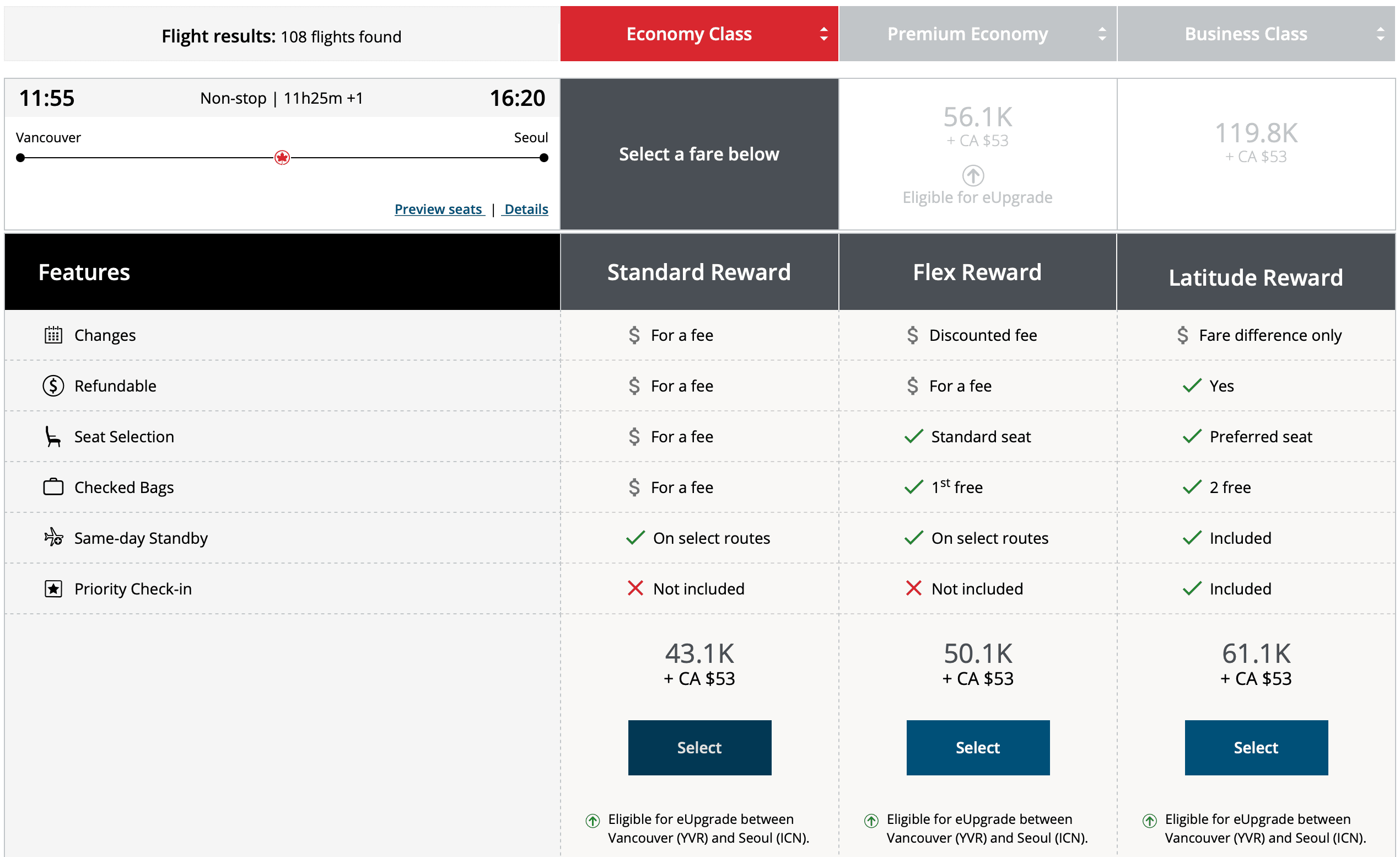












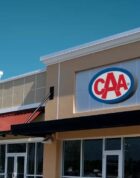

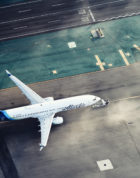

Except Canadians aren’t eligible for k-ETA
Korea is not allowing Canadian tourists
Disregard the above – I see the changes from April